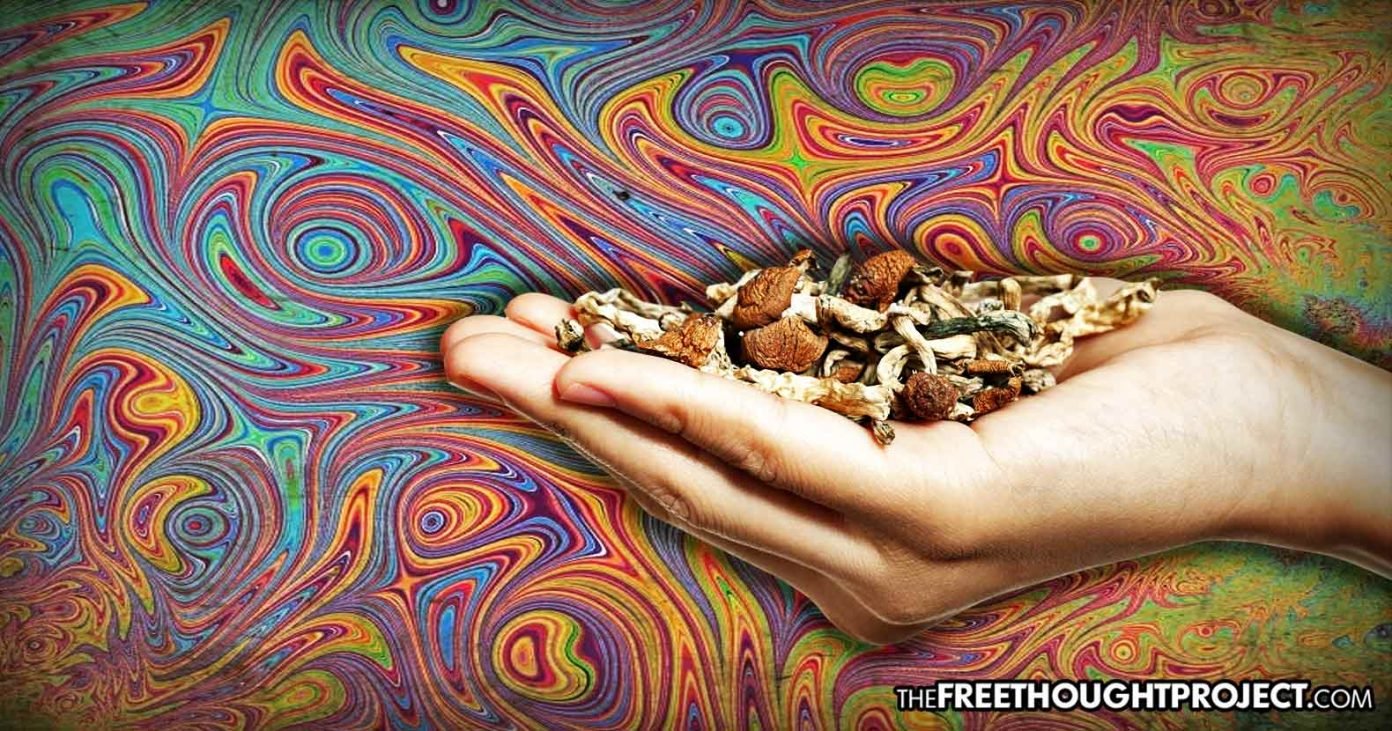
This week, it was announced that a startup called Compass Pathways has received approval from The Food and Drug Administration to develop treatments for depression, and possibly even pharmaceuticals, with psilocybin, the active ingredient in psychedelic “magic mushrooms.” Compass Pathways launched in the UK in 2016, thanks to funding from Peter Thiel.
While the company is just now receiving approval to run trials in the US, they were already approved in Canada, the Netherlands and their base of operations in the UK.
According to the company’s website, the trials will take place across 15 different sites throughout Europe and North America, and will involve 216 participants. The tests are expected to begin in the UK by the end of August.
“This summer we are beginning a randomised controlled trial of psilocybin therapy for treatment-resistant depression. This will be the largest clinical study of its kind and will take place in a number of clinical trial sites across Europe. The trial is a phase IIb dose-ranging study with 216 patients. If successful, it will be followed by phase III studies in which we will look at comparing the optimal dose, mostly likely to placebo or standard of care,” a statement from the company said. George Goldsmith, chairman, and co-founder of Compass Pathways told FoxBusiness that these trials will help his team learn exactly how they can use psilocybin to treat depression.
“Depression is the leading cause of ill-health and disability worldwide, and treatment-resistant depression affects more than 100 million people. It is a huge unmet need and the trial will teach us more about how this new approach might address it,” Goldsmith said.
These trials will undoubtedly add to the wave of psychedelic studies that are being carried about by a growing number of brave researchers.
A report in The Journal of Psychopharmacology suggested that psilocybin mushrooms could help long-time smokers kick their habit. The report sourced a recent John Hopkins study, authored by Matthew W. Johnson, an associate professor of psychiatry and behavioral sciences at the Johns Hopkins University School of Medicine. The study featured a small test sample but is one of a series of studies that are showing the healing powers of psychedelic compounds. In 2012, John Hopkins made news in psychedelic research with a study showing that the psychedelic experience can help terminally ill patients come to terms with their own mortality. According to a new study from the Psychedelic Research Group at Imperial College London, published in the journal Psychopharmacology, psychedelic mushrooms tend to make people more resistant to authority. They also found the psychedelic experience induced by these mushrooms also cause people to be more connected with nature.
In another recent study, researchers at the University of Zurich dosed 24 people with 100 micrograms of LSD and essentially found that these test subjects experienced a diminishing of their ego and reported that they felt more connected to the people around them. Prior research has also indicated that Theil’s bet on psychedelic therapy for depression could pay off big.
These possibilities have also been explored by a team of researchers from The University of North Carolina, Stanford University and the University of California, who determined that LSD could, in fact, be used to treat schizophrenia and depression.
The researchers used a process known as crystallography, in which atomic and molecular structure of certain interactions are studied. Specifically, the researchers were able to discover how LSD molecules interact with the serotonin receptors in our brain. Researchers plan on using this knowledge to develop an LSD based treatment for people with schizophrenia.
